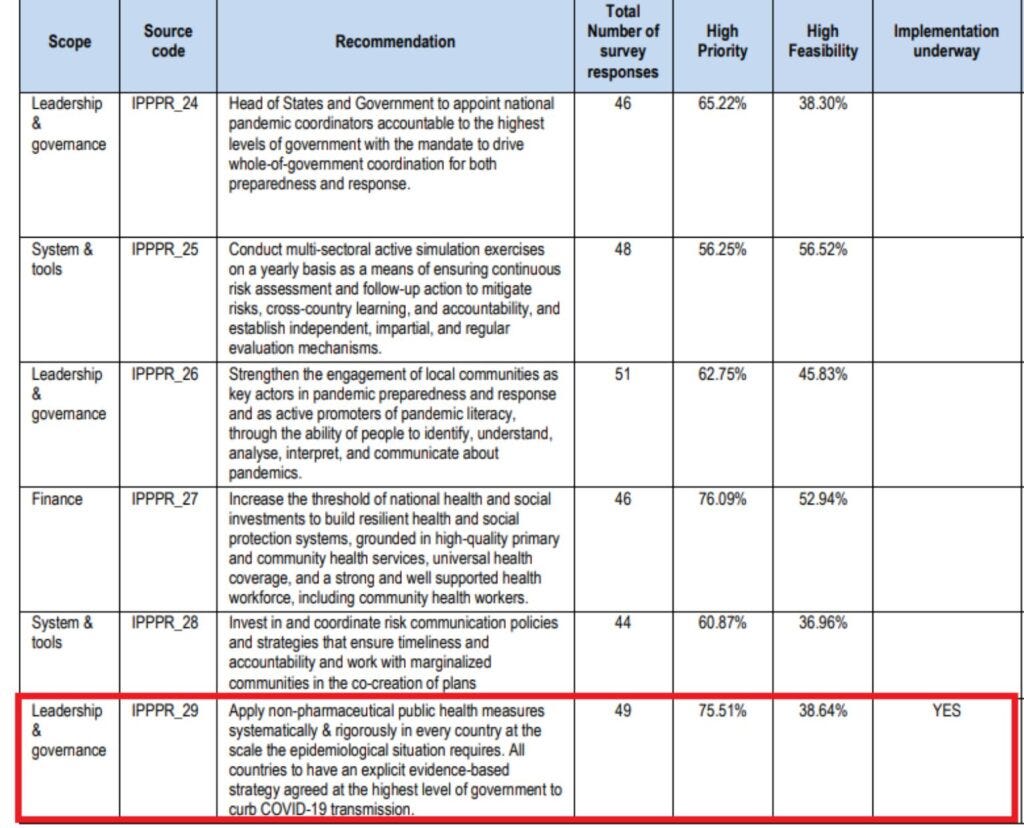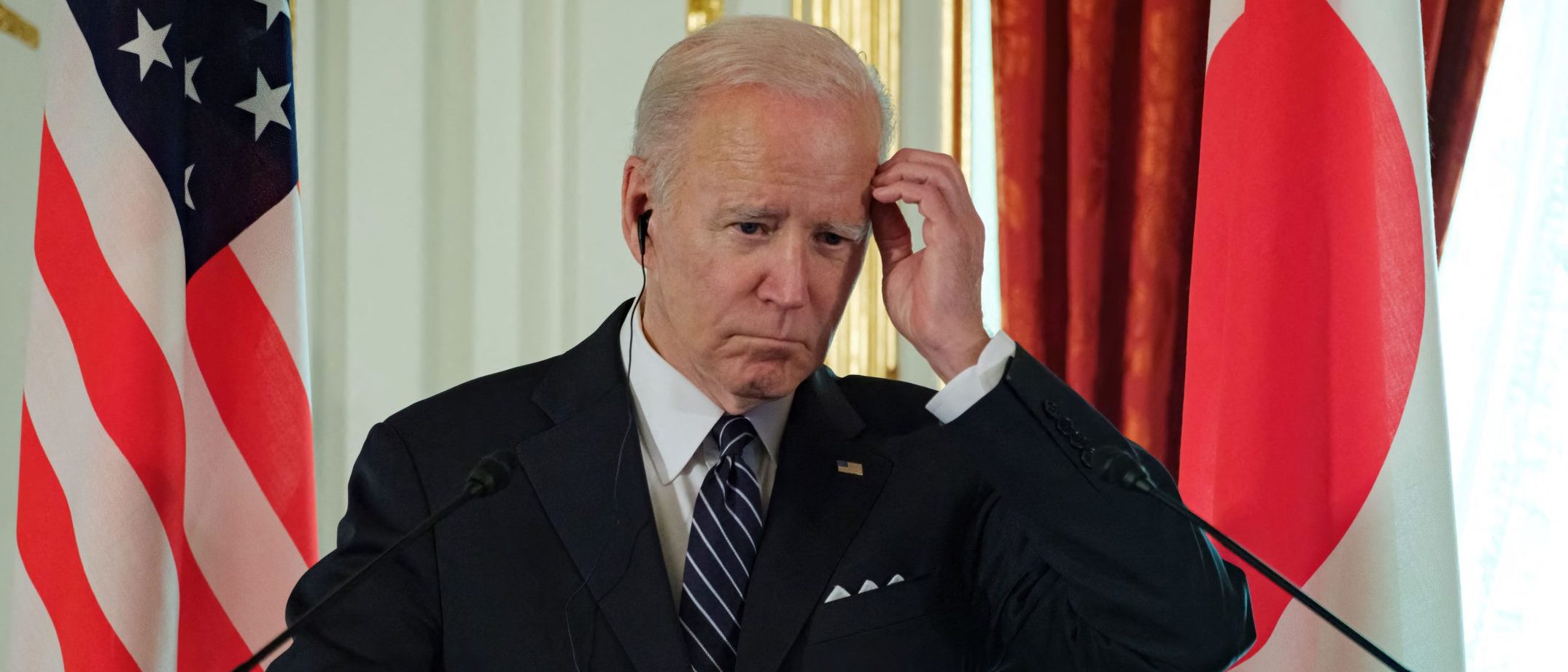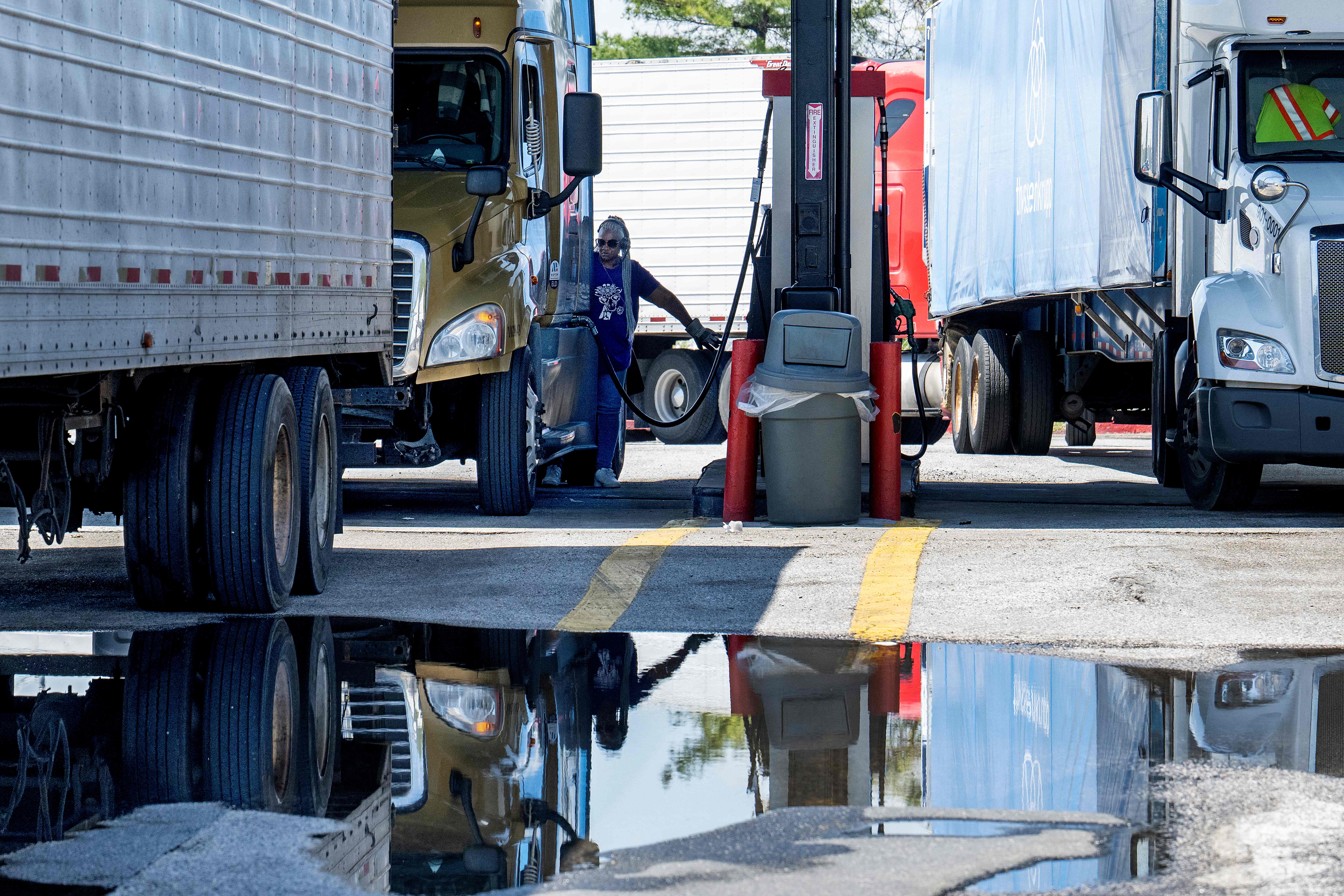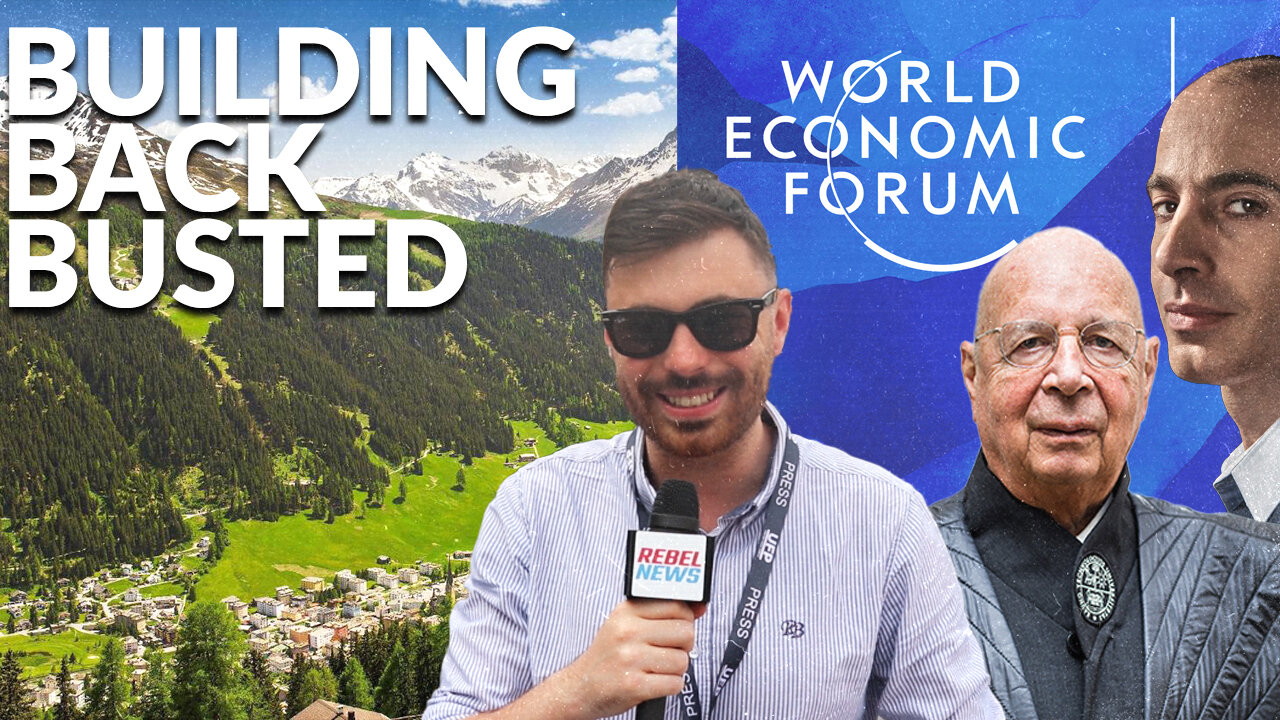marsh
On TB every waking moment
It Sure Looks Like Joe Biden Is Trying to Purposely Destroy the Country
By Bonchie | May 21, 2022 10:15 AM ET
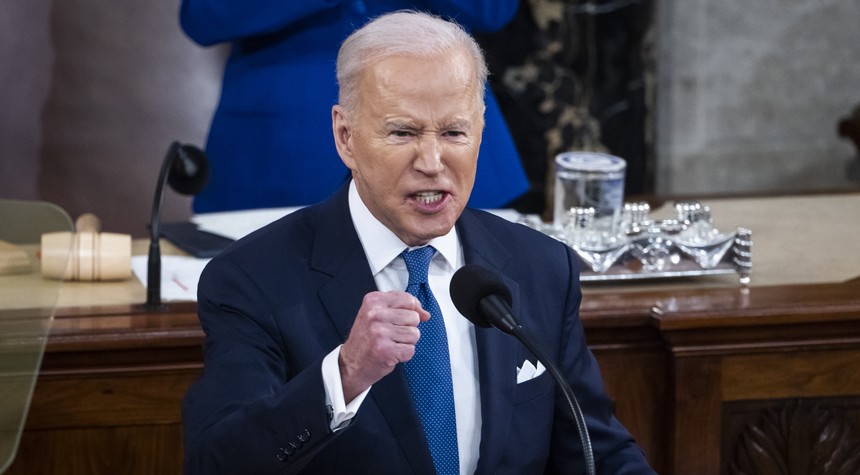
The last several weeks in the United States have been a wild ride. Everything that could go wrong, short of a full-blown apocalyptic situation, has gone wrong. The stock market is currently in the midst of a collapse, with the Dow Jones losing nearly 5,000 points over the last 30 days. Inflation clocked in at 8.3% for April, representing another crushing blow to Americans. Of course, gas prices continue to break milestones on a daily basis.
Meanwhile, the border crisis is completely out of control, with the only somewhat positive news being that a court blocked the Biden administration’s push to lift Title 42, which could take the already record, overwhelming numbers to double what we are currently seeing. But even past that, things you don’t normally think about are occurring, such as the massive wildfire currently engulfing parts of New Mexico.
With all that in mind, you’d expect the current administration to be scrambling to fix things, or at the very least, soften the blow. Instead, it sure seems like Biden is purposely trying to destroy the country.
For example, in the midst of exploding gas prices and a diesel shortage, which exacerbates inflation because products have to be transported, the administration decided to cancel more oil and gas leases.
Again, in the middle of record gas and diesel prices, which are helping to make already out of control inflation even worse, the Biden administration is canceling leases, almost certainly as part of its delusional, green-energy strategy.The Biden administration says it is canceling three oil and gas lease sales scheduled in the Gulf of Mexico and off the coast of Alaska, removing millions of acres from possible drilling as U.S. gas prices reach record highs.
Where does that leave you? It leaves you suffering, and if Energy Secretary Jennifer Granholm’s recent testimony is any indication, they don’t care one bit. Go buy an electric car, they continue to scream, even as they aren’t available and the costs for them are astronomical. Need a truck and want a Ford Lightning? The waitlist extends into 2024.
Moving past the economic issues, Biden and his handlers continue to fight tooth and nail to completely destroy the border, and that’s assuming they haven’t already completed the task.
The Border Patrol is essentially ineffective at this point, with hundreds of thousands of illegal immigrants crossing a month. Facilities are full, local cities have no resources to help, and deportations are happening at a painstakingly slow rate compared to the overall influx. And what’s Biden doing? He’s still fighting to lift Title 42, which as I noted above, only remains in place because Republican-led states have won battles in court.
Lastly, just to make things even more absurd, the US Forestry Service has decided to halt all prescribed burns, the chief tool the government has to stop wildfires. You know, because that worked out so well for California over the last decade.

If the Biden administration were actually purposely trying to destroy the country, what would they be doing differently? That’s a question everyone should ask themselves at this point. At every turn, on every issue, the president and his team are moving to do exactly the opposite of what has to happen to help, and they are doing so with blatant arrogance.
The only thing that makes sense is that they see the electoral writing on the wall, with a red wave coming in 2022 and re-election in 2024 slipping away as well. With their fate quickly becoming settled, they are rushing to “transform” every aspect of the country they can before they lose power. That’s bad enough in a macro sense, but what makes it worse is that you, the individual, get to take the punch to the face so they can accomplish their partisan wants. It’s a grotesque scene.
(Comment: Actually, I agree with Randy Moore on the prescribed burns. Fuel conditions in the west are universally too dry. The burn would travel way too fast and with a bit of wind, you would have an unstoppable conflagration. )
photo - a small state controlled burn in far northern CA today
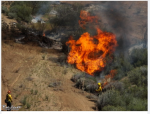
Last edited:

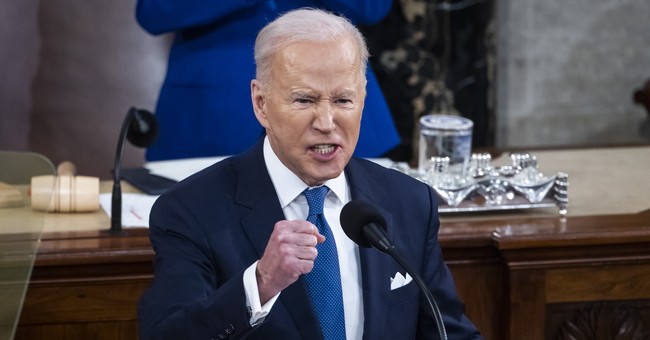
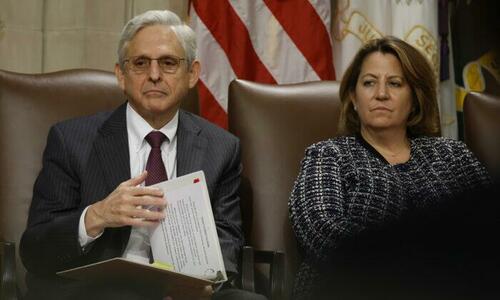 Attorney General Merrick Garland (L) and Deputy Attorney General Lisa Monaco attend an event marking the first anniversary of the COVID-19 Hate Crimes Act at the Department of Justice Robert F. Kennedy Building in Washington on May 20, 2022. (Chip Somodevilla/Getty Images)
Attorney General Merrick Garland (L) and Deputy Attorney General Lisa Monaco attend an event marking the first anniversary of the COVID-19 Hate Crimes Act at the Department of Justice Robert F. Kennedy Building in Washington on May 20, 2022. (Chip Somodevilla/Getty Images)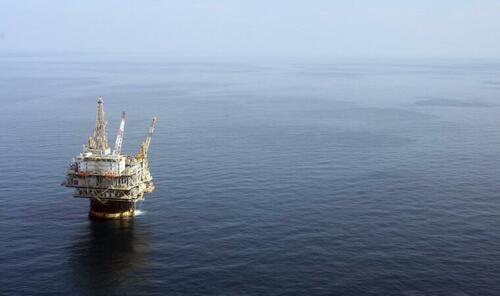
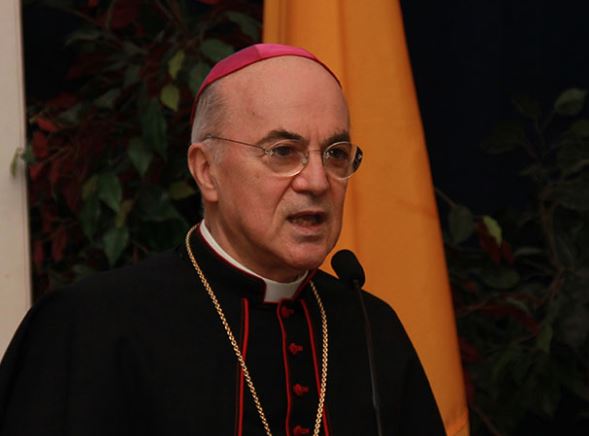




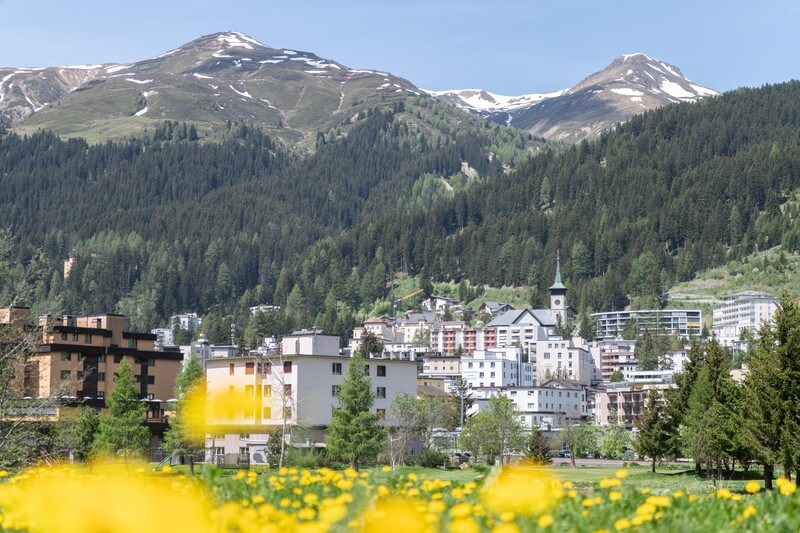
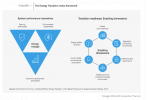
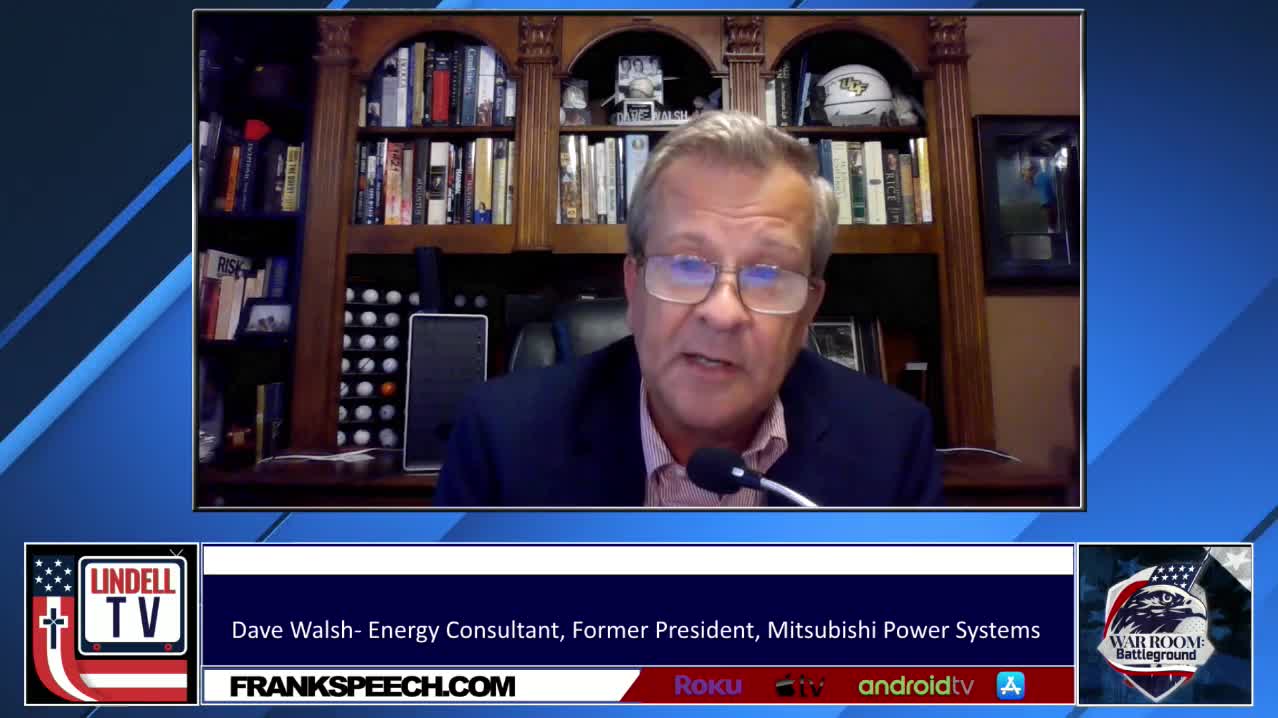
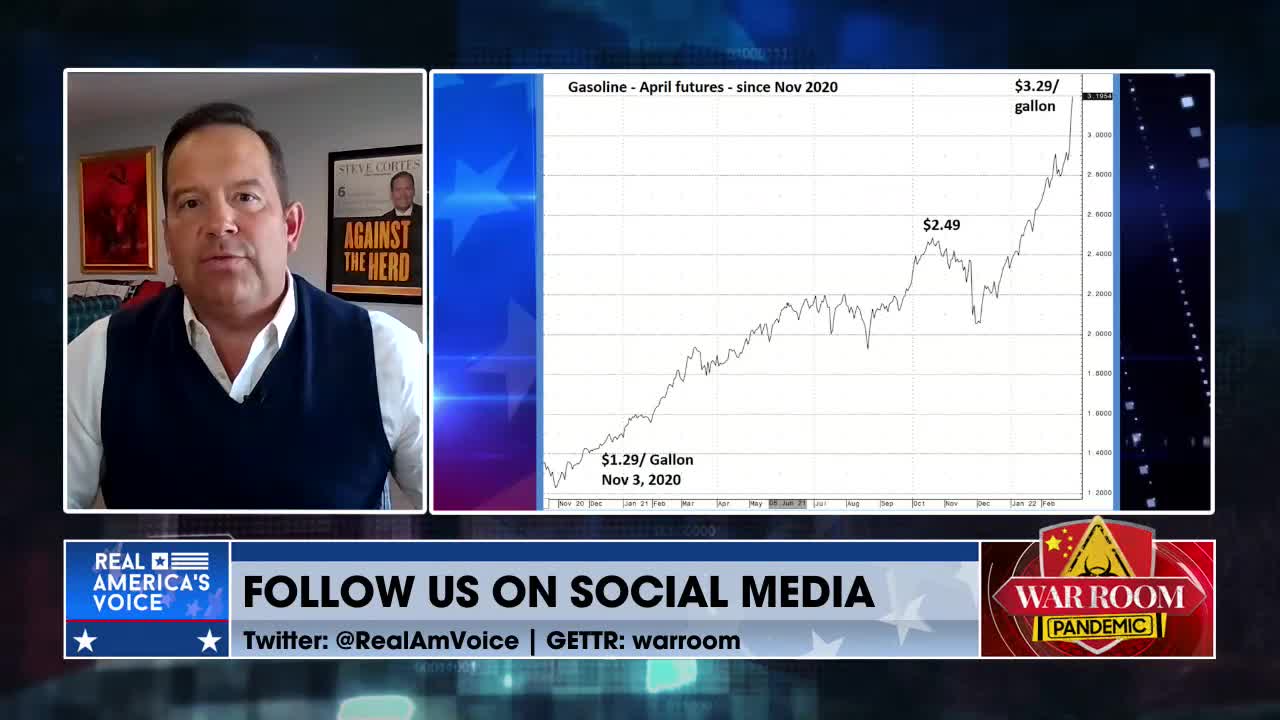
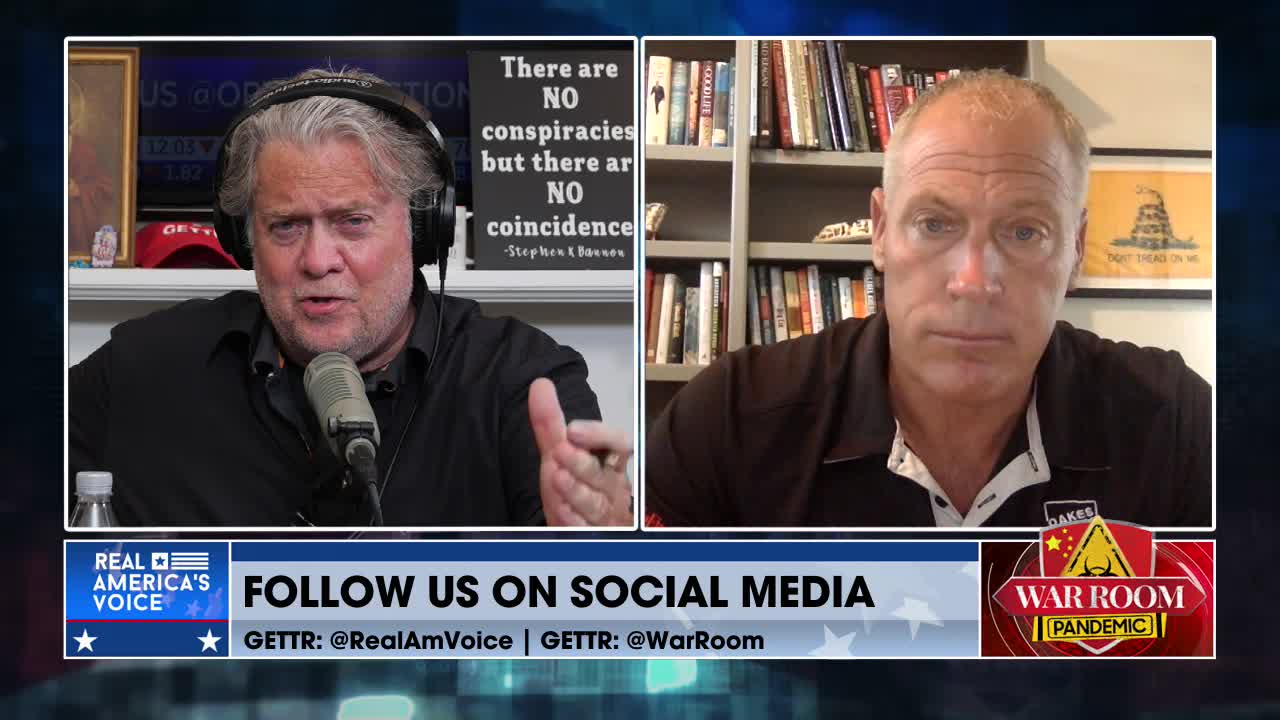
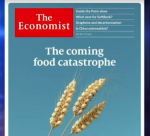
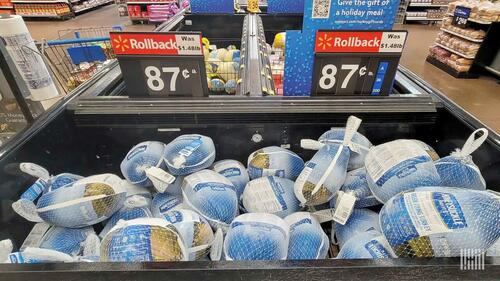

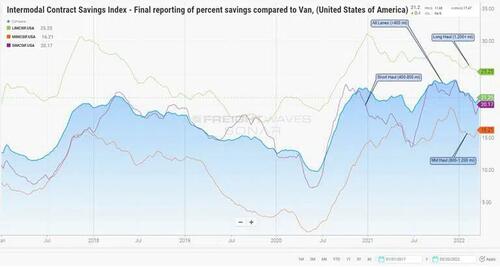

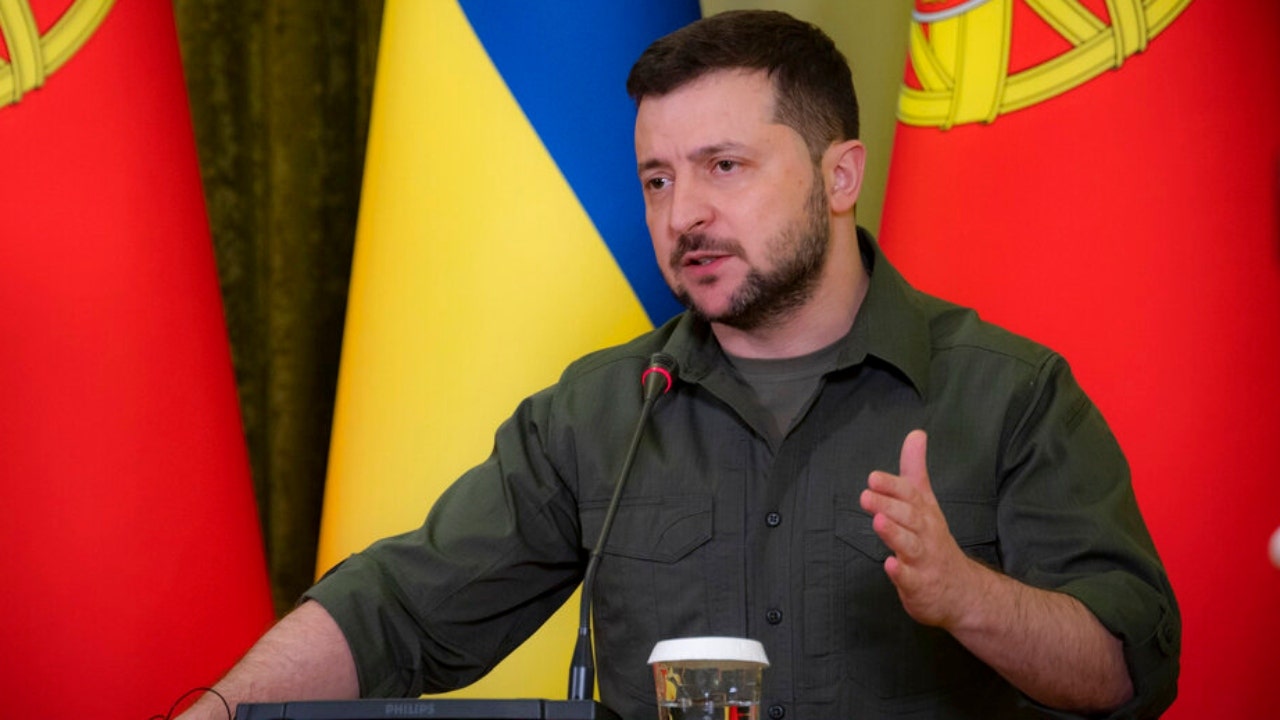
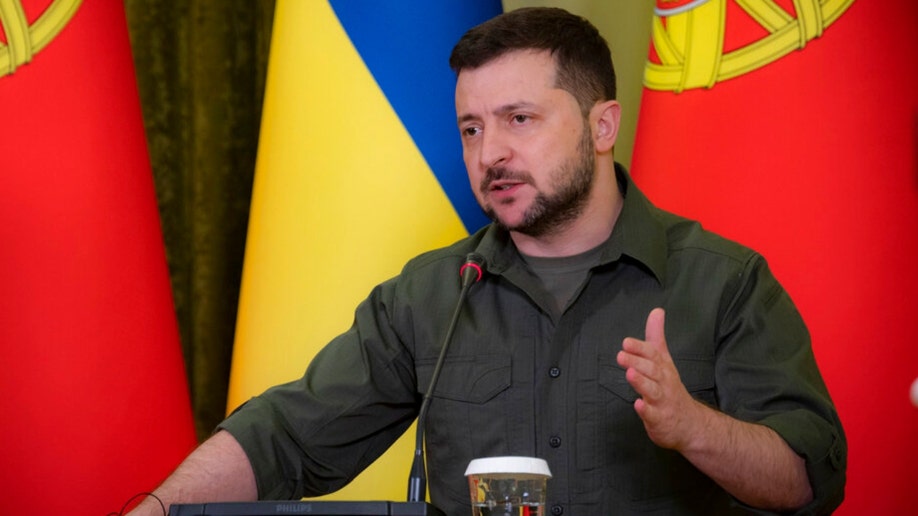
:max_bytes(150000):strip_icc()/102192294-e35f81ddce5c4289a9e20e184d4c1440.jpg)



